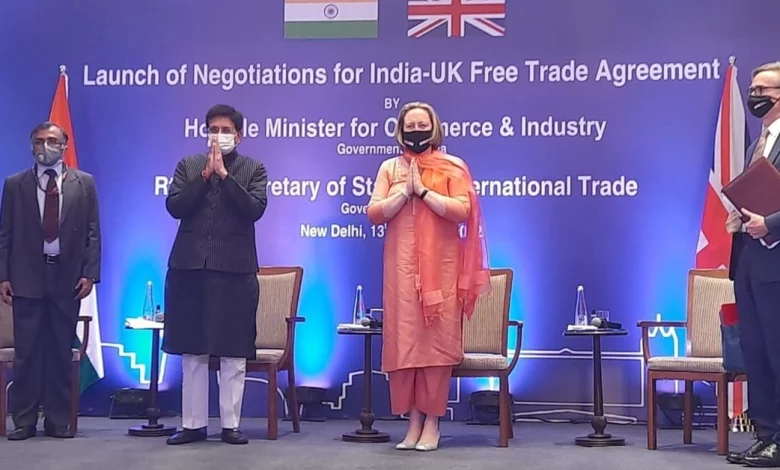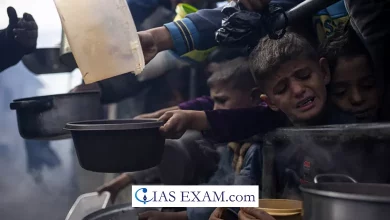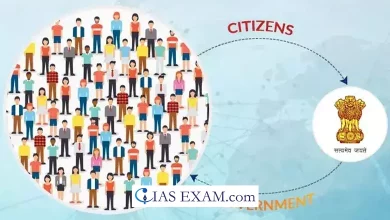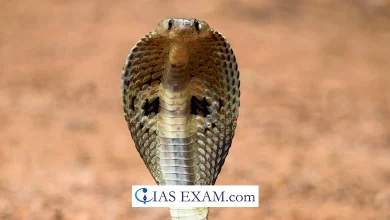Daily Current Affairs for UPSC
India-UK Free Trade Agreement
Syllabus- International Relations [GS Paper-2]

Context- Chief negotiators from India and the UK are holding the next round of talks on the proposed India-UK Free Trade Agreement (FTA).
What Is a Free Trade Agreement (FTA)?
- A free trade agreement is an agreement between two or more countries that aims to reduce import and export barriers between them.
- Under a free trade policy, goods and services can be bought and sold across borders with little or no government tariffs, quotas, subsidies or prohibitions that prevent their exchange.
- India has signed 13 Regional Trade Agreements (RTAs)/Free Trade Agreements (FTAs) with various countries/regions namely Japan, South Korea, ASEAN countries and South Asian Association for Regional Cooperation (SAARC), Mauritius and United Arab Emirates. Emirates and Australia.
India-UK Free Trade Agreement
- India and the UK have started negotiations for a Free Trade Agreement (FTA) in 2022.
- The agreement has 26 chapters covering goods, services, investment and intellectual property rights.
- Indian industry is demanding better access to the UK market for skilled professionals from sectors such as IT and healthcare, in addition to duty-free access to a range of goods.
- The UK wants to significantly reduce import duties on goods such as Scotch whisky, cars, mutton and chocolates, and increase opportunities for UK services in the Indian market in segments such as telecommunications, legal and financial services.
Benefit to India
- The India-UK Free Trade Agreement could boost trade with India by £28 billion a year by 2035 and raise wages by £3 billion across the UK. India’s labour-intensive industries such as clothing, gems and jewelery have grown in the UK market.
- Acceleration to other negotiations: The trade deal could also accelerate India’s negotiations on at least two other agreements:
- One with the European Free Trade Association – a four-nation bloc of Iceland, Liechtenstein, Norway and Switzerland – and Provisional Treaty with Canada.
Challenges
- Carbon tax: The UK plans to introduce a carbon tax on metal imports. An EU-style Carbon Border Adjustment Mechanism (CBAM) will hurt India’s exports to the UK, even if India wins significant tariff cuts.
- Non-tariff barriers (NTBs): These are often regulations, standards, tests, certifications or pre-shipment controls aimed at protecting human, animal or plant health and the environment.
- Other issues that must be resolved are the rules of origin; intellectual property rights (IPR); social security contract; liberalization of standards in service sectors such as banking and insurance etc.
Bilateral Investment Treaty (BIT)
- An investment treaty as a separate agreement is being negotiated between India and the UK.
- These investment agreements help promote and protect investments in each other’s countries.
- The main dispute in this agreement concerns the dispute resolution mechanism. “Rules of Origin” provision.
- According to this provision, a country that has entered into a free trade agreement with India cannot export goods from a third country to the Indian market with a mere label.
- To export to India, he has to add a prescribed value to this product. Rules of origin help curb the dumping of goods.
Source: Business Standard
Practice questions:
Q. What are some sticking points in India-UK FTA?





.png)



